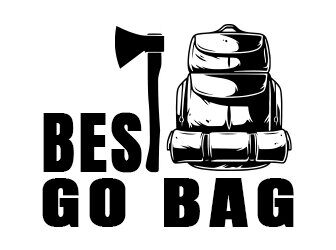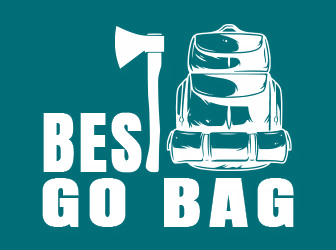My father had some great advice for me when I was growing up and starting to make purchases on my own. It was a very simple statement: “Watch out for the fine print.”
Dad had been around a lot longer than me, so he was accustomed to merchandise sellers making their wares sound better than they really were.
Today I want to warn you about the hidden costs of your purchases. Some companies shout out the upsides to their products while whispering the downsides. They try to reel you in with an enticing promise, but make it difficult to see the sharp hook on the other side of their bait.
But don’t bite until you’re sure that’s what you want to do. You just may decide to look for alternatives after discovering the true cost.
$28 for a Burger & Fries?
Companies are very aware of what inflation has done to prices. As well as how upset many consumers are about having to spend more than they want to.
So, they attempt to keep their basic prices as low as possible. But then they add fees to jack up the amount they receive. It’s estimated that Americans spend more than $65 billion on fees annually.
One obvious example is home delivery of food. This industry has skyrocketed since Covid hit, and it has not slowed down as much as some predicted.
Prices vary all over the country, of course. But if you order a $14 burger and fries, for example, you might feel that price is worth avoiding changing clothes to go out, spending money on gas, waiting in a line, etc.
But after tax, service fee, delivery fee, and a tip are tossed in, the price is nearly double. I don’t know about you, but $28 for a burger and fries feels pretty steep to me.
There’s Nothing ‘Convenient’ About Fees
Jeff Galek is professor of marketing at the Tepper School of Business at Carnegie Mellon University in Pittsburgh, Pennsylvania.
He calls this strategy “fee-flation.” He said, “Fees are a way to raise prices without raising prices.” It’s also called drip pricing and stealth inflation.
Fees come with many names attached to them. There’s the processing fee, the service fee, and the booking fee. I’ve even heard of a wellness fee. And my personal favorite – the convenience fee. For whom, exactly, is an added fee “convenient?”
In reality, these fees are usually not completely hidden. They’re listed in the fine print my father warned me about. As consumers, we should watch for this type of thing. But studies show we only look at the listed price when we make purchases.
A Fee by Any Other Name…
A fee for home food delivery is just one of countless ways to rip off consumers. The same can happen when you book a flight or hotel.
Or rent a car, make reservations at a restaurant, use a credit card, buy concert and sporting event tickets… the list goes on.
One café and coffee shop tacks on a 4% “administrative surcharge” for each purchase “to offset employee benefit costs and other operating expenses.” And they make it clear this is not a gratuity for employees.
Ashley Feinstein Gerstley is the author of Financial Adulting. She told CNET.com, “Most of the time we find out about these fees when it’s time to pay, not before. Because these fees really run the gamut, you never really know what you are going to get.”
Companies Say There’s No Choice
Why not just raise prices rather than adding in a bunch of fees? It goes back to what studies show. Raising basic prices makes consumers think twice about buying. Adding fees… not so much.
Company officials don’t apologize for fees. They claim they are affected by inflation just like consumers are, and that fees are the only way to remain profitable.
Restaurants are among many businesses still trying to catch up financially after the pandemic hit them like a pie in the face. With credit card companies increasing fees that restaurants must pay for each customer swipe, restaurants pass along costs to consumers.
Rideshare companies add fees to cover increases in gas prices, as well as pay increases and even signing bonuses for drivers. Some doctors’ offices charge “supply fees” for routine visits.
Fighting Back
Is anybody trying to do anything about this highly shady strategy designed to destroy our budgets? Especially now that interest rates have gone up again? Actually, yes.
Bank of America was recently fined $150 million for abusive overdraft fees by the Consumer Financial Protection Bureau.
A number of airlines have been pressured to nix their rebooking fees. Zillow and other housing sites have been told to disclose fees they add to monthly rents. Such as rental application fees, parking fees, and pet fees.
But the bottom line is, we have to watch out for ourselves. And our wallets. Learn about fees before you make a purchase. Question them when necessary. Ask for a discount if you use cash. Consider picking up takeout food instead of getting a delivery.
Fees are here to stay. But by reading the fine print ahead of time, we can decide which ones we don’t want to put up with.


